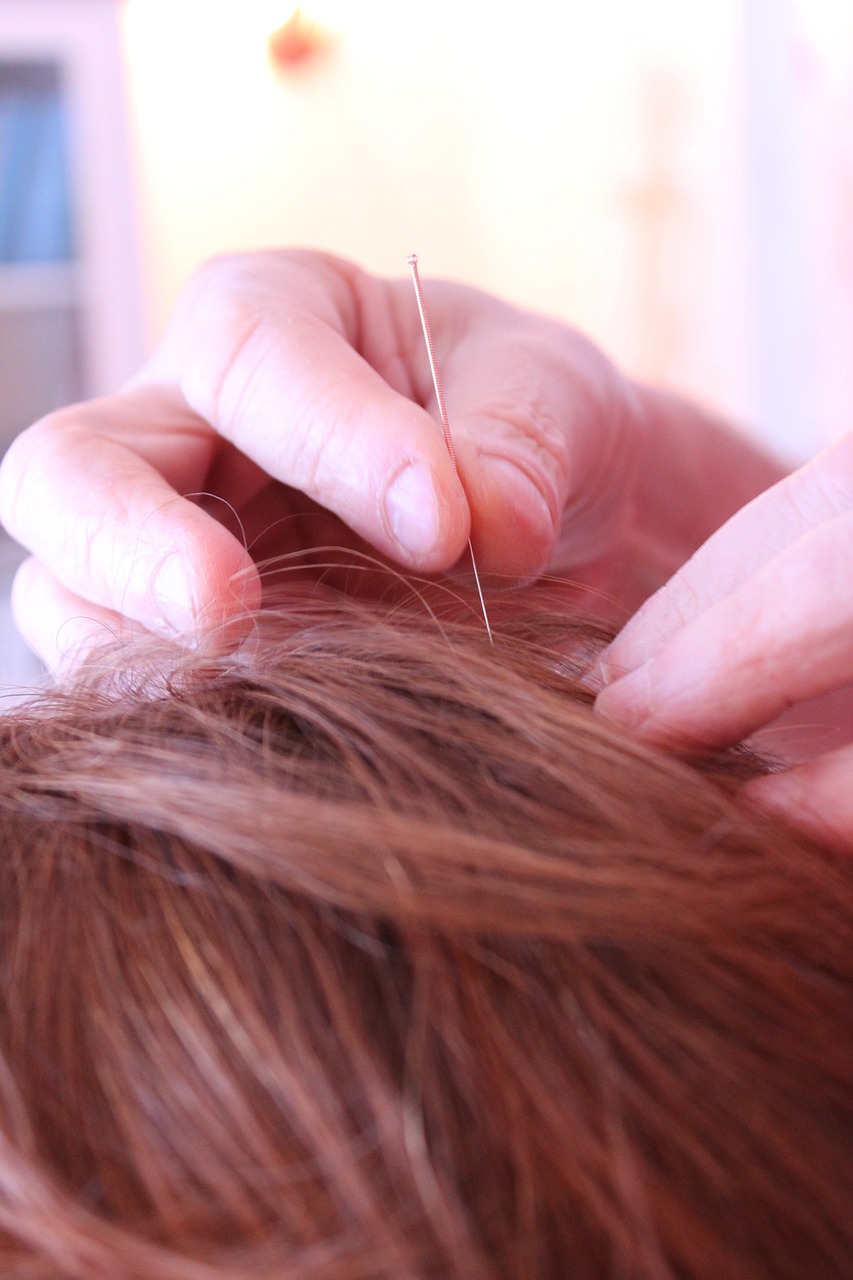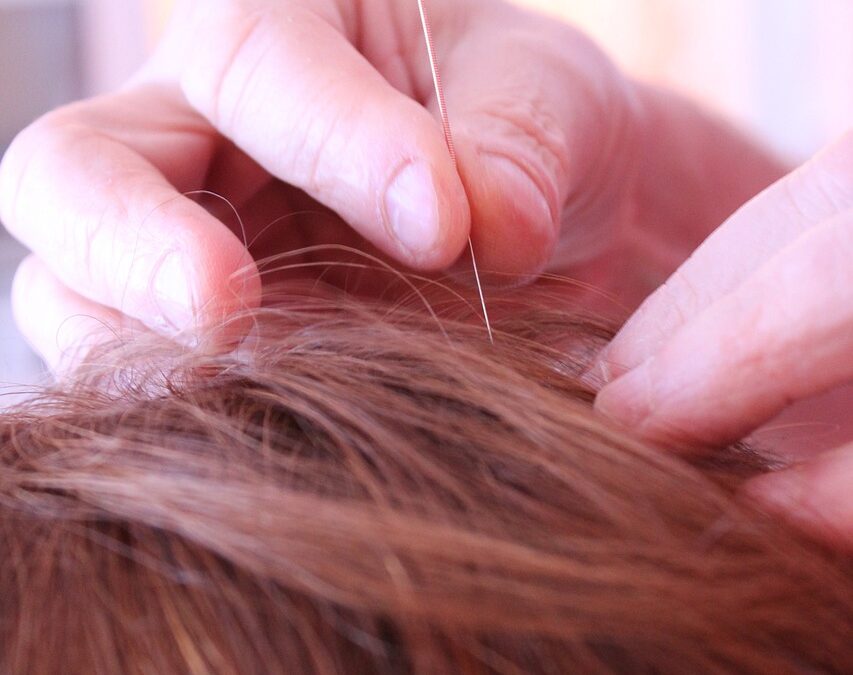Allergies can cast a shadow over the simplest joys of life, turning a sunny day into a sneezing spree or transforming a beautiful garden into an itchy ordeal. Conventional treatments often involve medications that may come with side effects, leaving many individuals seeking alternative approaches. Enter acupuncture, a traditional Chinese medicine technique that has been gaining recognition for its potential in allergy control. Let’s explore the ancient art of acupuncture and its role in alleviating allergy symptoms. If you’re looking for allergy relief, this could be part of your allergy regimen.

Understanding Allergies
Allergies occur when the immune system reacts excessively to substances that are usually harmless, such as pollen, dust, or pet dander. Common symptoms include sneezing, itching, congestion, and watery eyes. While antihistamines and other medications can provide temporary relief, they often fail to address the underlying issues or may cause unwanted side effects.
The Basics of Acupuncture
Acupuncture is a key component of traditional Chinese medicine, dating back thousands of years. It involves the insertion of thin needles into specific points on the body, stimulating energy pathways known as meridians. According to traditional Chinese medicine principles, these meridians regulate the flow of vital energy, or “qi,” throughout the body. By targeting specific points, acupuncture aims to restore balance and promote the body’s natural healing abilities.
Acupuncture for Allergy Relief
Several studies suggest that acupuncture may offer relief for allergy sufferers by modulating the immune response and reducing inflammation. Here’s how acupuncture may help control allergies:
- Regulating the Immune System: Acupuncture is believed to regulate the immune system, preventing it from overreacting to harmless substances. By restoring balance to the immune response, acupuncture may help alleviate allergy symptoms.
- Reducing Inflammation: Allergies often trigger inflammation in the nasal passages and other affected areas. Acupuncture has been shown to have anti-inflammatory effects, potentially reducing the severity of allergic reactions.
- Alleviating Symptoms: Many allergy symptoms, such as sneezing, itching, and congestion, may be alleviated through acupuncture. By targeting specific points associated with respiratory and immune function, acupuncture aims to provide relief from these bothersome symptoms.
- Stress Reduction: Stress can exacerbate allergy symptoms. Acupuncture sessions are known for their calming effect, helping to reduce stress and promote a sense of overall well-being.
What to Expect During an Acupuncture Session
During an acupuncture session for allergy relief, a trained acupuncturist will carefully insert thin needles into specific points on your body. The process is generally painless, and many people find it relaxing. The number of sessions needed can vary depending on the individual and the severity of their allergies.
Many individuals have reported significant relief after incorporating acupuncture into their allergy management plan.If you’re tired of relying solely on antihistamines and are open to exploring holistic approaches, acupuncture could be the missing piece in your allergy puzzle. Embrace the ancient wisdom of traditional Chinese medicine and unlock a natural path to allergy relief with the healing art of acupuncture. Contact us to schedule an acupuncture appointment today.
Contact Edna Zuluaga AP DOM at Palma Sola Therapies 941.745.1313 Be happy and healthy!

Recent Comments